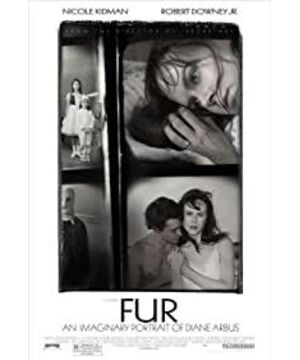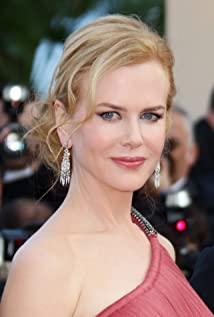There is a kind of contradiction in people, that is, they want to be able to foresee the future - if they can foresee the smooth and peaceful life in the future (this is the most common blessing), then the current state of mind will be much calmer, but once people fall into the same situation, day after day This kind of smooth and peaceful daily life will be unbearable, so there is an impulse to break through. More than one movie has a line like this: This life with a one-way view is unbearable because I see my own grave.
The impulse to break through comes from the overflow of love, from the longing for the unknowable world, from the limited life's yearning for the infinite world. In the 19th century, European Romantic literature's relentless glorification of Gypsies reflected the deeply repressed Christian/capitalist world's vision of a pagan world.
Back to this film. I seem to have seen a few of Nicole Kidman's films before: "Moulin Rouge", "Island Cry" and "Every Moment". What is more valuable is that the images are different, and there is no similarity. The little middle-class woman portrayed in this film is quite different from the image in the above-mentioned film. It should be said that this is also the best appearance of her I have ever seen, with a fresh feeling. But it is behind this fresh feeling that a restless soul is repressed. A stable life, a capable and considerate husband, a lovely child, what is there to be unsatisfactory in such a life for ordinary people?
The person with hirsutism is just a symbol in this film, in sharp contrast to the daily life of the heroine. This is always the case in daily life. People stick to the rules and regulations, adore vanity, and cover up their inner desires with the coat of civilization. People don't have animal skins themselves, but the clothes made of animal skins can make women proud - but when people see a man with animal-like skins, they don't have the courage and courage to accept him. Belly volume.
But the presence of this man just provided Diane with an escape from everyday life. Everything after that doesn't matter. Let's think of the story as a middle-class woman's runaway story, like Ibsen's Nora.
After watching this somewhat depressing film, my thoughts are, in fact, the life of the middle class is quite good. Isn't this what most ordinary people yearn for? Don't criticize it later. In fact, I also yearn for the middle class.
View more about Fur: An Imaginary Portrait of Diane Arbus reviews










